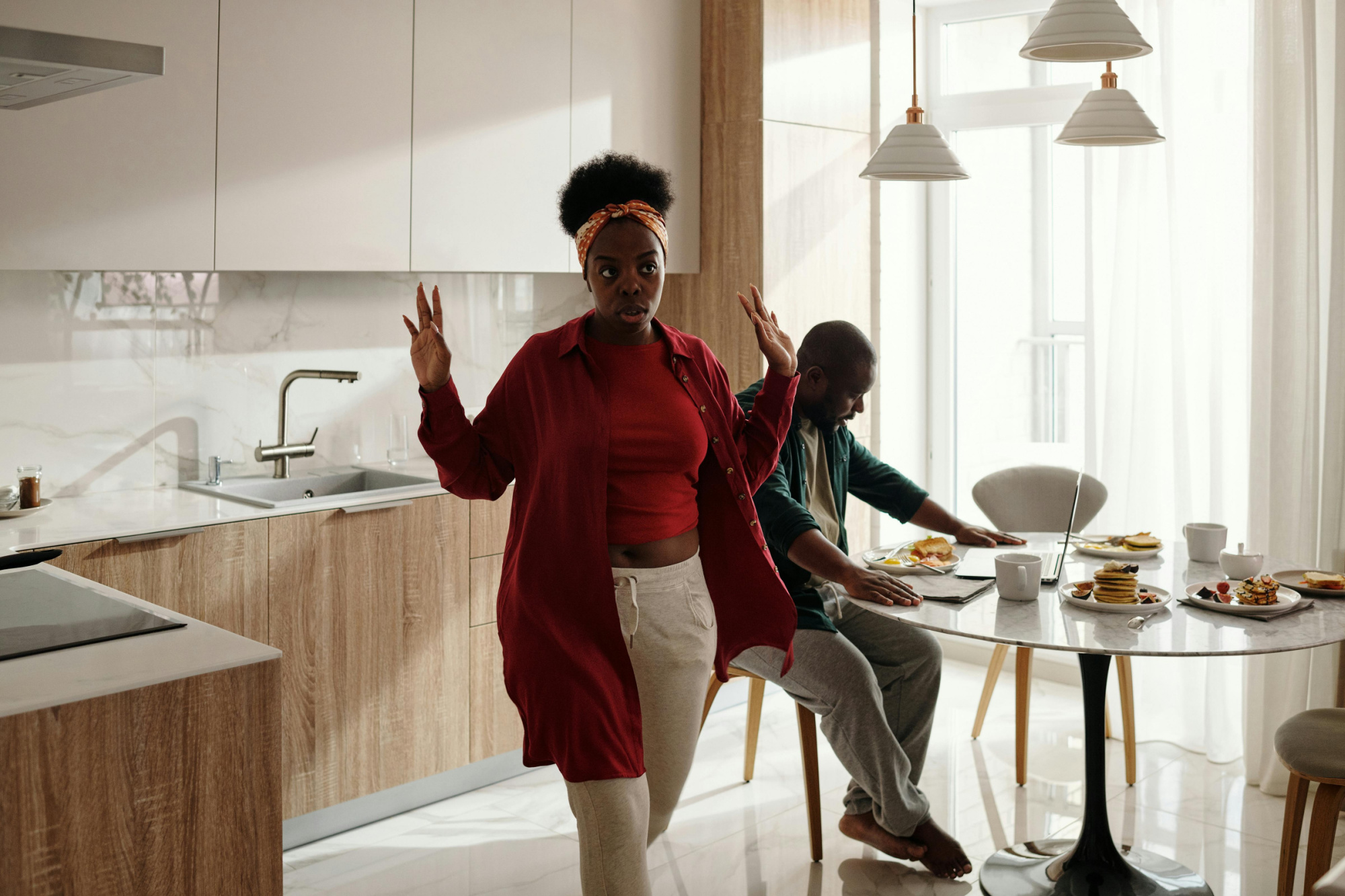Alcohol addiction is more common than you think and can exist in any marriage. It doesn’t discriminate. So what do you do if you’re dealing with marriage problems caused by alcohol addiction?
First, it is important to recognize that this is a complex situation.
It is not something you will solve just by reading this blog post. However, you will be able to have some understanding of what needs to happen by reading this.
You might be thinking, “If he/she would just stop drinking, then everything will be ok.” Not everything will be ok. But it is a step in the right direction.
Or, you might be thinking, ” If he/she would just stop trying to control me, then maybe I wouldn’t want to drink so much, and everything would be good.” Not everything will be good, but it is a step in the right direction.
Both the drinking and attempts to control are problematic behaviors. Together they set up a vicious cycle of one partner focused on alcohol, and the other partner focused on either getting their spouse to stop drinking or covering up the drinking.
So, what do you do?
You both need to stop blaming the other for your choices and behavior. It is important for both of you to take accountability for your own choices and actions. When you each can do that, then you can focus on your relationship.
Taking accountability can be just as difficult for the person struggling with wanting to control as the one struggling with addiction.
Let’s talk about dealing with addiction first.
(There is no way this article can take you through dealing with addiction and all that comes with it. The intention here is simply to give you an extremely short description of marriage problems caused by alcohol addiction.)
Addiction is a life long struggle, but you can live in a space of recovery and sobriety. You can’t however, productively work on your marriage, if you aren’t actively in recovery.
Constantly numbing keeps you from being vulnerable (yes, I get that is the point), keeps you from being present, and disconnects you from yourself and your marriage.
Recovery is hard work, you don’t have to do it alone. You are so worth the work, even if right now you don’t believe it.
So go and get help.
You can also ask your partner for help.
Courage is not having the strength to go on; it’s going on when you don’t have the strength.
Theodore Roosevelt
Now let’s talk about wanting to control.
You may have heard the term codependency.
It was first coined back in the day only relating to those who had a family member struggling with addiction. But now it is used in a broader sense that includes how you relate to yourself in relation to others.
Melody Beattie explains this in her book, Codependent No More: How to Stop Controlling Others and Start Caring for Yourself.
Have you ever heard the quote “Don’t set yourself on fire to keep others warm” by Penny Reid? I love this saying! This is a great way to use metaphor in order to describe the belief that you are responsible for your partner’s feelings, choices, actions, and in this case, recovery.
This means you probably feel like you are always on fire.
But you are ONLY responsible for your own feelings, choices, actions, and physical and emotional well being.
It is important for you to understand that you don’t have any control over getting your partner to stop drinking.
What you do have control over is telling your partner how his or her drinking feels to you, and impacts you. You have the choice to set boundaries, and consequences if your partner doesn’t respect your boundaries.
This requires you to be vulnerable. And I know sometimes it is easier to focus on other’s struggles, than your own. But you don’t have to work on being vulnerable alone.
And you are worth it, even if you don’t believe it right now. So go and get help from a therapist that specializes in codependent behaviors as well as support groups.
“No other love no matter how genuine it is, can fulfill one’s heart better than unconditional self-love.”
Edmond Mbiaka
Only after you have each started working on your own issues can you begin working on your marriage.
Working through issues in any marriage, much less marriage problems caused by alcohol addiction requires, vulnerability, authenticity, ability to be present, forgiveness – of self and your partner, a level of empathy, self-compassion, personal accountability, and courage.
All of these things start with you, the individual. It doesn’t matter if you are the one struggling with addiction or codependency.
Then you both can come together, taking turns actively listening to the other with empathy and validation. This allows space for emotional connection. And only after this, can you problem-solve.
Jacqueline V. Cohen is a Licensed Professional Counselor who works with couples dealing with a variety of issues. To learn more about how you can work with her, visit this page. You can connect with her by email or to learn more about her practice and specialties, visit her website.




One Response
People do recover, every single day. From alcoholism substance abuse, drug addiction, alcohol addiction, dual diagnosis, overeating, codependency and more- people do get better. They rarely do it alone. You need to find a community of recovering drug addicts providing support and recommending the best treatments and clinics to people interested in conquering their addiction. I am from Indiana and I think recovery is really possible. Addiction Rehab Centers – A private residential rehabilitation centers for drug addiction & alcohol abuse for men, women.